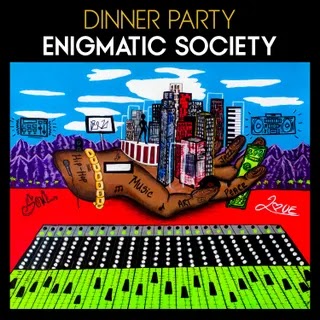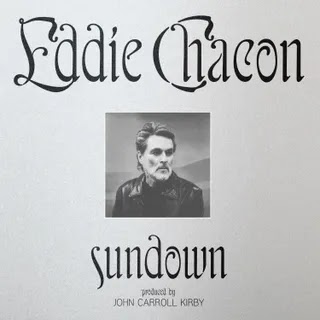On his promising debut, the Nigerian star has figured out exactly how he wants to sound, but he hasn’t quite nailed what he wants to say.
Despite capturing the world’s attention in 2019 at just 19 years old, Nigerian Afropop star Rema has shown virtually no growing pains in the past few years. With the bubbly Afrobeats crowd-pleaser “Dumebi,” from his self-titled debut EP, Rema turned his melismatic ad-libs, teenage locs, and dangly earrings into an immediate signature. Subsequent singles have leaned more towards sub-Saharan rhythms, holding court with the best of Afropop’s elder statesmen, but he’s also dabbled in emo-trap to remind us that he is a millennium baby after all. Just shy of his 22nd birthday, Rema now sports some visible tattoos, and based on how explicit his lyrics have gotten, he’s in the throes of a sexual awakening.
Even with these changes, Rema sounds just as confident and irrepressibly youthful as ever on his debut album, Rave & Roses. Shepherded by plush and detailed production that spans romantic Afropop, booming dembow, hedonistic synthpop, and hints of amapiano, Rema’s vocals play double dutch with the beats, showing off a spirited playfulness and incredible skill. Here, he finds unexpected notes in the nooks and crannies of the arrangements, spinning them into catchy hooks, charming micro-runs, or layering them to create harmonies that fuse together with such parity, either one could serve as the main melody. It’s a promising debut that functions as a showcase for an artist with grand ambitions reveling in the capabilities of his own talent.
Nigerian producer London has production credits on all but two of the album’s 16 tracks, and the synergy between the duo is palpable. The production feels tailor-made for Rema’s voice, and every song plays to his strengths. The unrushed percussive stride of “Dirty” and its soft sax lines make his horny whine sound appealingly sultry, reminiscent of WizKid’s latest album. “Calm Down,” a supreme earworm, takes the staccato delivery Rema introduced in “Dumebi” and builds the whole chorus around it; his vowels ricochet against a deceptively simple guitar loop, providing a foundation for the beat to crest and fall like the bubbles in a soda bottle. On “Soundgasm,” an early album single and obvious hit, the guitar reappears, where it provides cushion for Rema’s impressive falsetto to climax with ease.
Rema shows significant range without feeling like he’s pandering to trends. “Jo” is almost impossible not to get up and dance to and feels like an ode to the P-Square heyday of Nigerian pop, with its uplifting melodies, propulsive rhythm, and generic, lovestruck lyrics that sound like they were made up on the spot. “FYN” gets its juice from a hip-hop groove, while “Carry” toys with amapiano’s trademark log drum. But the biggest stylistic jump comes on “Addicted,” where Rema channels both Travis Scott and the Weeknd, with vocals doused in studio effects and propped up by ’80s pop drums.
Critics of Rema and Afropop as a whole insist on pointing out a lack of lyrical depth. Rema anticipates this criticism on “Are You There?” and gets candid about why he chooses to make party music. “I no fit focus on the negativity inside my country,” he contends with chest-pounding energy over a beat Bad Bunny would fight to have. Rema acknowledges the ambivalence we all struggle with, bearing witness to a broken political system and simultaneously ignoring it in the pursuit of good times. The observation feels especially poignant coming from Rema, who during the height of anti-government protests in Nigeria, in since-deleted tweets, called on the state to investigate the mysterious circumstances surrounding the death of his father, a former senior member of a major political party.
That said, the irony of Rema’s pushback is that the song itself demonstrates that he can go deeper lyrically. A few lazy rhyme schemes (on “Calm Down,” he wants to say hello to a mellow girl dressed in yellow) prevent great songs from being excellent. And sometimes the raunchy energy that permeates the album can feel a bit silly and unconvincing, like a middle schooler lying about their sexual exploits. References to “sloppy sloppy” (“Dirty”) and likening clitoral stimulation to killing a bug (“Soundgasm”) would be funny if he didn’t sound so serious.
Rema has figured out exactly how he wants to sound, but he hasn’t quite nailed what he wants to say. Maybe these are his growing pains. Regardless, Rave & Roses barely suffers for it and remains a stellar debut for an artist so early in his career. If anything, it shows that the best is yet to come.
















0 comments:
Post a Comment